#001 Product Management Lessons by Meituan Co-Founder - Pt 1: Three Stories
Seek truths, π-shaped talent, keep learning, and luck
👋 Hi! I’m Tao. As I learn about building products & startups, I collected some of the best content on these topics shared by successful Chinese entrepreneurs. I translate and share them in this newsletter. If you like more of this, please subscribe and spread the word!
Before we start this series, let’s get you up to speed:
Wang Huiwen is the co-founder of Meituan, who recently retired at age 42 with an estimated net worth of >US$2B. He opened a Product Management course at Tsinghua University in September 2020. This article and subsequent ones in this PM series are my translation and edits based on a compilation of the content of his course shared online.
Story I - Search the Hidden Truths, Then Stick to Them
Around 2005, the consensus in China at that time was that the Internet could only be used to connect with strangers. The biggest social network at the time, Tencent QQ, was a thriving community of people's online alter egos. The anonymity allowed people to speak their minds freely and openly.
So when my team discovered that our website, the Xiaonei Network (“On-campus Network”), which had almost zero functionalities, still had users coming back once or twice a month, we dug deeper.
We speculated that these users might have friends on Xiaonei, so they came to see if their friends have any status updates. Wang Xing (co-founder and CEO of Meituan) and I then concluded that the Internet can be used to socialize with acquaintances - a view that no one else believed at the time.
Despite the contradiction to consensus, we insisted on acting our insight. In order to encourage users to use their real identities, we first did three things:
1) Partnering up with the Department of Electronic Engineering at Tsinghua University to sell cheap tickets to their students on the Xiaonei website. The students had to use their real names to buy the tickets, so Xiaonei immediately acquired the students at the faculty who registered Xiaonei accounts with their real names.
2) The transportation wasn't so convenient back then, and it was very expensive to take a taxi from Tsinghua University to the railway station when students go home for the New Year.
So Xiaonei organized a campaign covering 3 universities near Zhongguancun (Note: dubbed “China’s Silicon Valley”) in Beijing - Tsinghua, Peking, and Renmin. (Note: imagine Harvard, Standford, and Columbia in the same district in the same city!).
As long as there are 50 people signing up with their real names to petition for a bus, Xiaonei would send one to fetch them from their schools to the railway station. That’s how we expanded the user base to 3 schools.
3) Relaxing on user authentication - as long as a user’s avatar and name looked like a real person, we gave them the certified star. Although initially many people were still accustomed to using fake avatars and fake names, this practice has proven to be ineffective in the long term. Because for acquaintance-based social networks, it's more convenient to use your real name and real picture than to create a fake persona.
Eventually, Xiaonei achieved a higher user activity than Facebook. (Xiaonei had 26 DAUs per 100 registered users, while Facebook had less than 20.) (Note: Facebook wasn’t blocked in China until 2009).
However, in the end, we had to sell Xiaonei to Qianxiang (“Oak Pacific”) because we ran out of money. Qianxiang had managed to raise tens of millions of dollars at the time. They first offered us 10 million RMB but we didn't accept the offer. As Xiaonei was growing bigger while Qianxiang was getting worse, they gradually increased the price to multiple times of the initial offer and the deal eventually closed. The combined entity was renamed Renren ("Everyone"), but due to a lack of understanding of the rules of the industry, Qianxiang made Renren worse and worse.
The moral of the story is there are truths and patterns in everything. Seek out the hidden truths and patterns then stick to them, regardless of what the public thinks. You will find that in the end the public opinion will be reversed by the truths, and you become the industry leader in advance.
Story II - Become a π-shaped talent
Xiaonei had limited manpower and lacked tech and product expertise, while Qianxiang had a better talent pool. Yet, their product was not as good as Xiaonei's. It was confusing to us as well!
In an office visit to Qianxiang after the acquisition, I discovered that although both the engineers and product managers at Qianxiang have strong professional capabilities, the two teams couldn’t understand each other.
A lot of time was wasted in the product review meetings to reach consensus, which led to many reasonable product features being killed in these meetings. The friction loss was high. The time spent on building features that were actually deployed was probably less than 1/20 of the total - no wonder the product was not as good as Xiaonei's!
Xiaonei's team consisted mostly of π-shaped individuals who were a half-good engineer and a half-good product manager. This has proven to be a better combination than a half-good team with good engineers and good product managers that worked poorly together.
A team of inter-disciplinary talents is likely to be more open-minded and there is less friction loss within the team. We need more π-shaped talents, who are both vertical and horizontal, more open-minded, and more likely to spot synergies across disciplines.
Many engineers want to switch to become product managers, but 2/3 of the engineers who move into product management will fail. The main reason is that the engineers’ achievements and progress are obvious and certain, so they have a high sense of security. The progress for product managers is vaguer. Sometimes, after two years in product management, they find that their previous beliefs were all wrong, and they easily get lost.
If the transformation is successful, however, the achievements will usually be higher. Product managers can move into almost any job. Product management becomes more of a value system and a way of thinking, which is can be applied in many other fields.
Story III - The Only Two Real Competitive Advantages
Xiaonei did not have any competitive advantage when we started - it was just 3 guys without much prior experience. However, after the acquisition, the industry generally believed that the Xiaonei team was pretty good in tech and product.
When China Mobile wanted to make its own social product, they approached Wang Xing and me. The guys from China Mobile asked what our core competitive advantage was. We turned to look at each other and were slightly embarrassed. Wang Xing then blurted out: "Courage!”.
Later, when Meituan started getting into group buying, the industry generally believed that although Meituan’s product and tech were good, we lacked offline capabilities, could not do sales, lacked work experience, and could not manage large teams.
By the time that the "Thousand Groupons War" was close to an end in 2013, the industry was already convinced that Meituan’s pretty strong in product, technology, and sales.
It was the same deal when we started the delivery business in 2014 - the industry didn't believe in us. (I think it was that they thought we didn't have enough money? I can't remember it exactly). But hey, we made it in the end, again!
There are only two real core competencies:
1) The ability to discover opportunities.
It’s easy to produce results when a real opportunity comes, but it’s exponentially harder to produce results when it doesn’t. In science, it’s relatively easy to produce results in genetic research now but it’s not easy to produce results in high-energy particle physics, which is why Yang Chen-Ning opposes the plans to construct the world’s largest particle collider in China today.
2) The ability to learn, continuously
The Meituan team started with nothing. From social networks to group buying to food delivery, we grew our capabilities bit by bit.
One more thought - luck accounts for 90% of success.
We live in a country at a time that is peaceful, growing, and prosperous. From a historical perspective, that’s probably the best luck anyone can have.
We founded another social network company after Xiaonei. It’s a microblogging company called Fanfou (“Eaten yet?”), and it was shut down because we lacked experience in managing a social network at scale. Now it’s just a place for old users to reminisce. (Note: the government shut it down because it caught up in politics. It was later permitted to reopen but Sina and Tencent Weibo had already caught on).
Where do future opportunities lie?
I think there are opportunities in industries that were once popular but now forgotten. The booming sectors now all had their time of hype and disillusionment, often more than once, before they eventually become viable. A good example is Artificial Intelligence right now. Keep trying different things, you will eventually come across some opportunity. We’re the living examples of that.




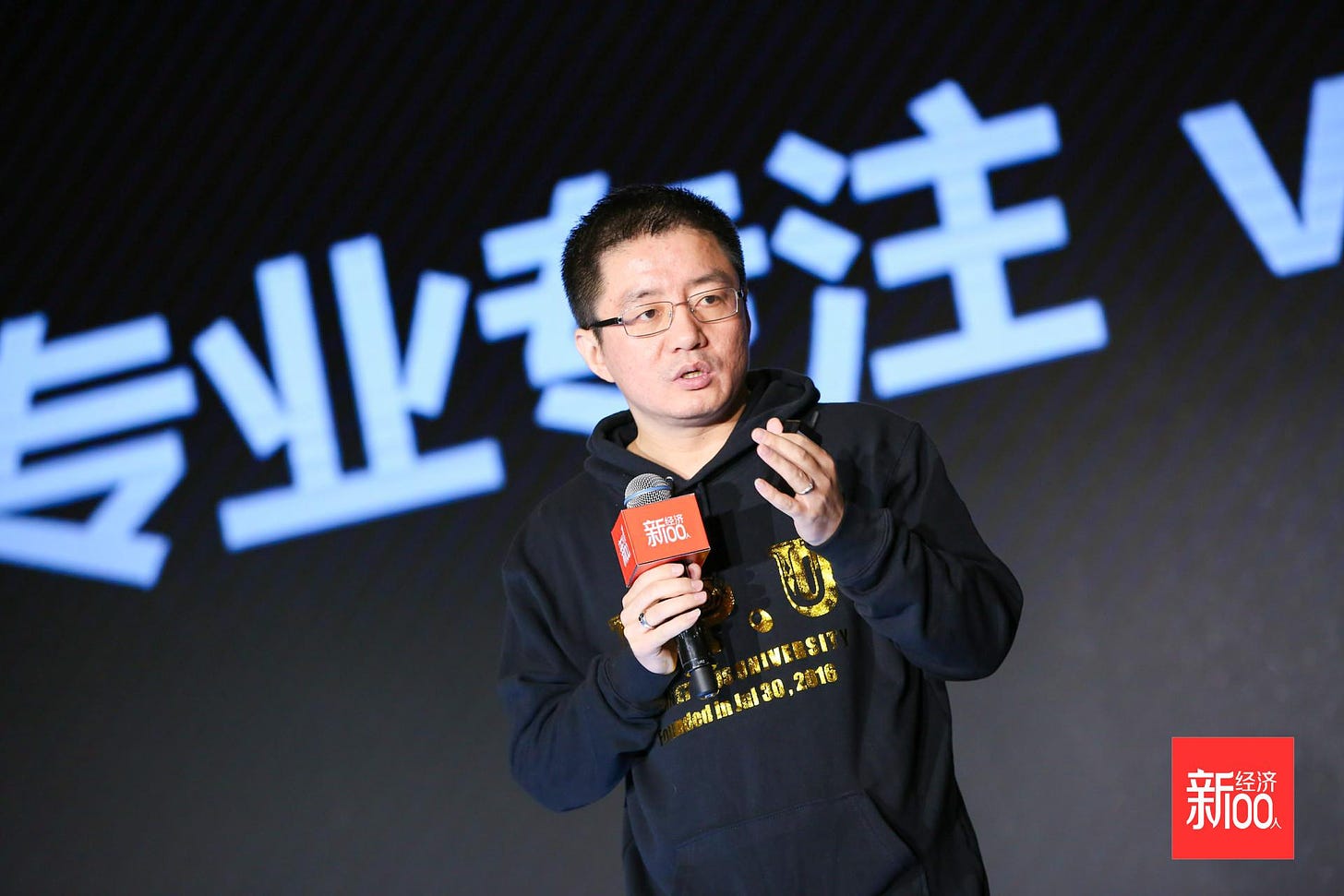
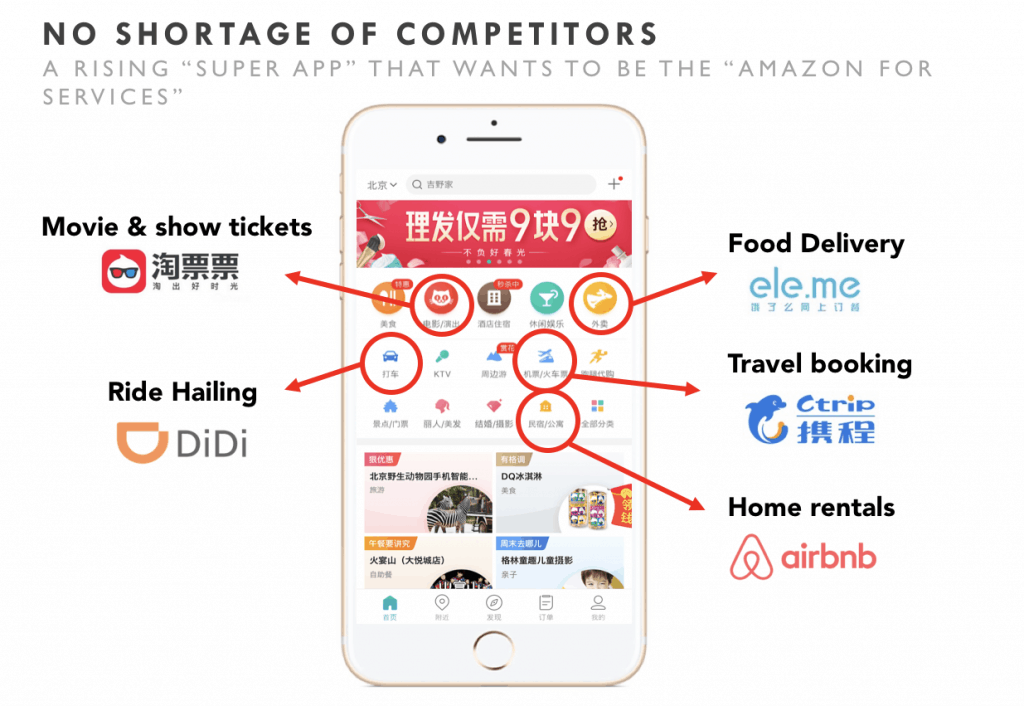
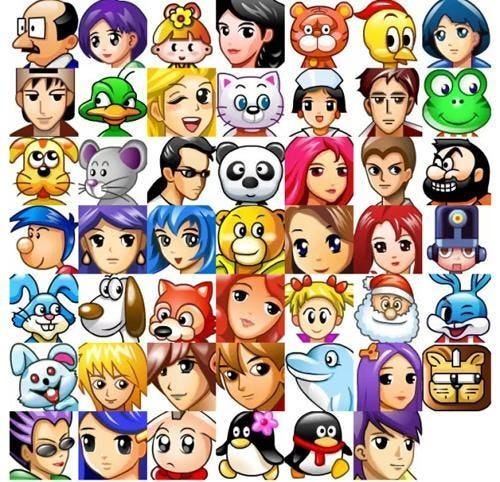
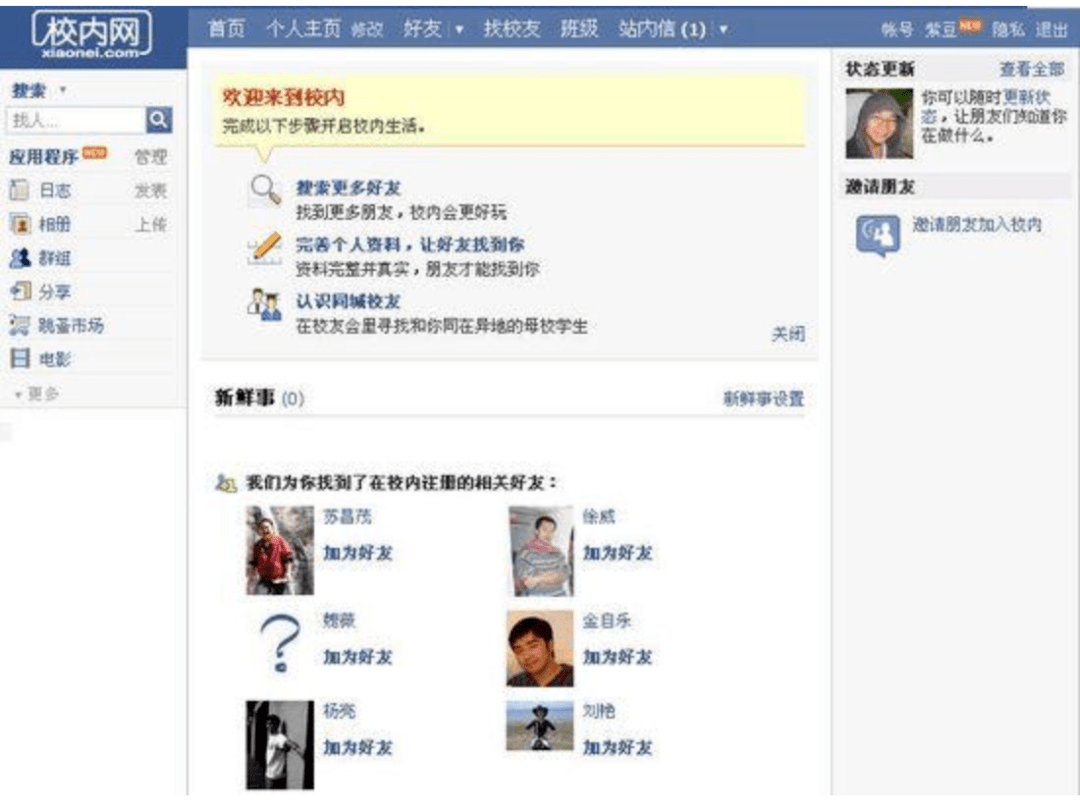

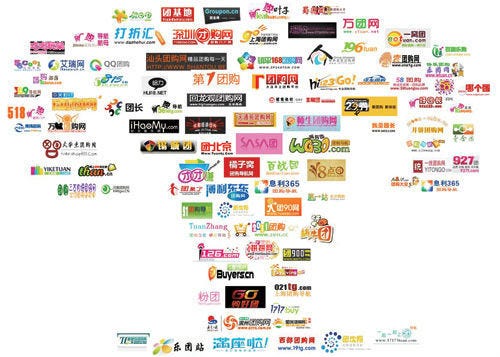
Great readings! Was just wondering where could I access this Tsinghua PM course from?
Thanks for this!